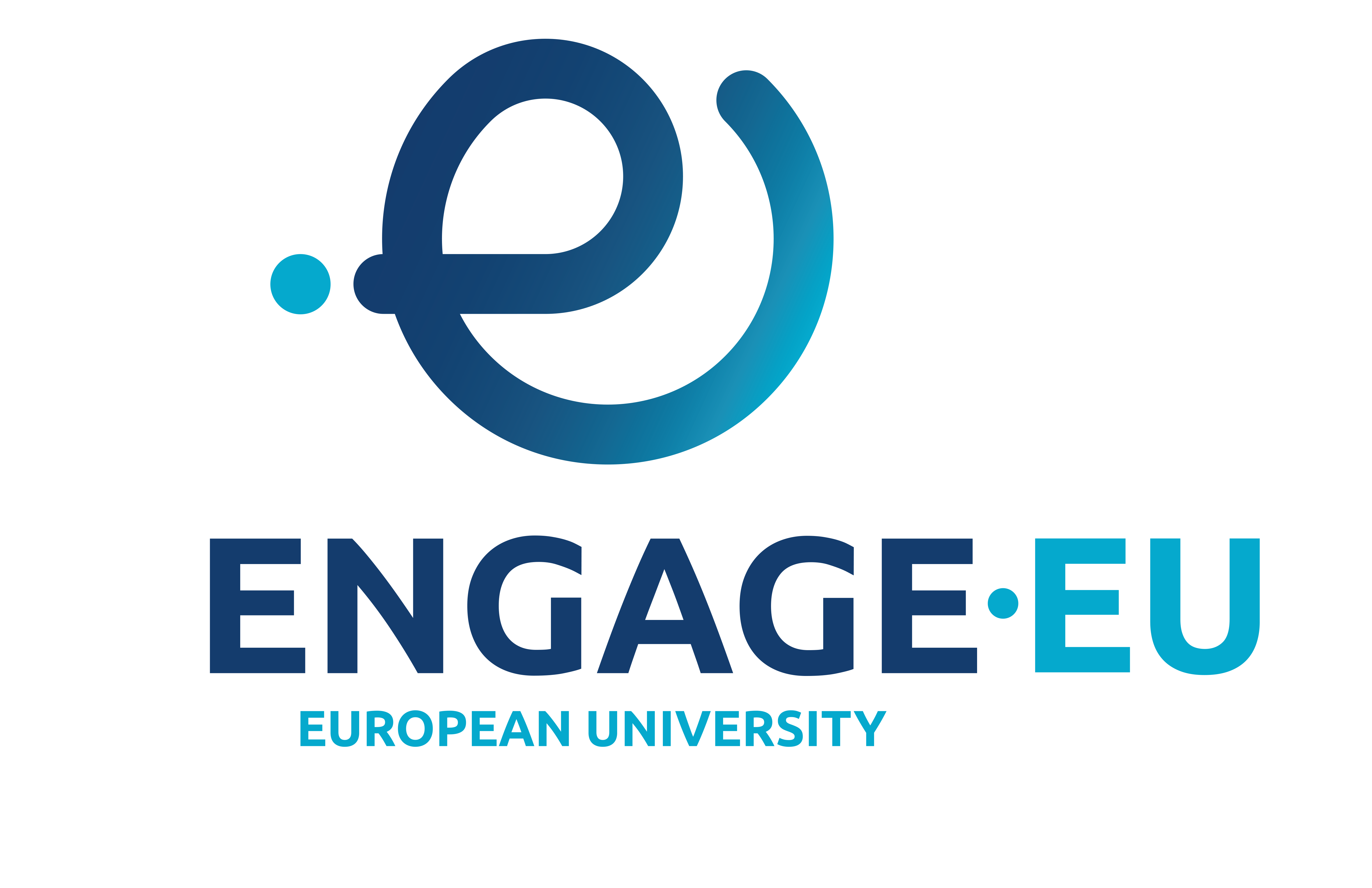Staff Course catalogue at Toulouse Capitole University
Course catalogue at Toulouse Capitole University
Register before: 22 February 2026
Hours: 9h
Language of instruction: French
Mode of delivery: Online
Lecturer: Isabelle Kawa-Topor
Semester: Spring
Planning:
On these dates from 16h30-18h (CET)
- 4 March
- 11 March
- 18 March
- 25 March
- 1st April
- 8 April
Description: Participants should have at least B1 level in oral comprehension and expression in French as a foreign language. You will learn about current issues concerning the French language including its inventivity and cultural connotations by hearing, listening or reading documents. You will compare French idiomatic expressions, cultural codes with yours and those of other participants. The aim is also to give you links to resources and tips to continue your learning by yourself.
Leaning Outcomes: To acquire greater self-confidence in communicating in French by
- Improving skills in oral comprehension and expression in different speech acts and contexts.
- Enhancing fluency in interactions through lexical and grammatical activities.
- Managing linguistic and cultural communication in a context of diversity.
- Enhancing mediation skills: interpretation, paraphrasing, summarizing, reformulating, equivalence.
Learning Activities and teaching methods: This course aims to develop skills in French language and culture through simulations, discussions,
- practical activities: listening and production exercises. The activities will offer participants the opportunity to practice an authentic language. Collaborative work and an inductive approach will help to favorite positive exchanges.
Prerequisites : at least B1 French Level
Assessment : Participation
Lecturer : Isabelle KAWA-TOPOR
Application
*privacy policy available here

